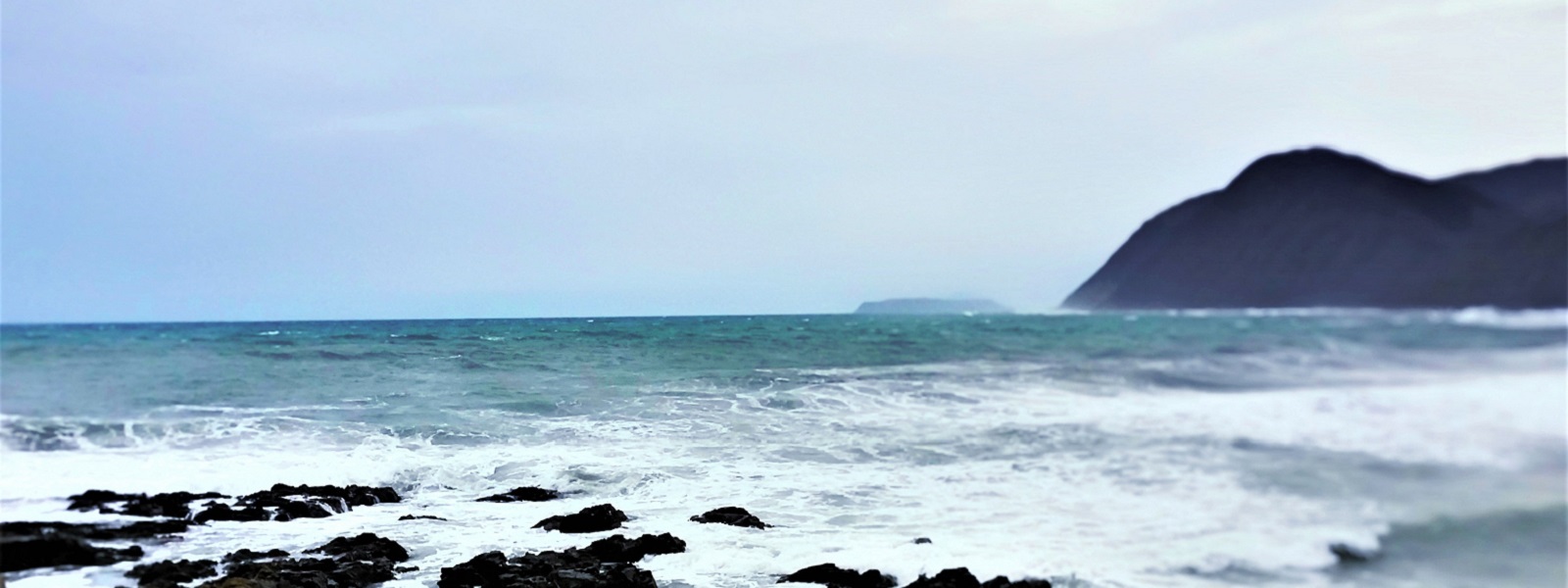
Law, Arts and Island Resilience
The project Law, Arts and Island Resilience is led by the University of Strathclyde Centre for Environmental Law and Governance (SCELG) in collaboration with academics attached to the Glasgow School of Art’s Reading Landscape Research Group and is funded by the Royal Society of Edinburgh. The project benefits from the active participation of Taigh Chearsabhagh Museum & Arts Centre on North Uist. Throughout its workshops the project has brought together the following participants:
- Francesco Sindico, Co-Director of SCELG, University of Strathclyde
- Mónica Laiseca, Programme Leader, M Litt Curatorial Practice (Contemporary Art) at Glasgow School of Art
- Nicola Crook, PhD Researcher, SCELG, University of Strathclyde
- Susan Brind, Acting Head of Department, Sculpture & Environmental Art, Glasgow School of Art
- Andy Mackinnon, Taigh Chearsabhagh Museum & Arts Centre
- Keith McIntyre, Artist and Academic at University of Highlands & Islands, Chair of the Taigh Chearsabhagh Trust
- Jane Morrison-Ross, CEO, Taigh Chearsabhagh Museum & Arts Centre
- Norman MacLeod, Heritage, Retail and Operations Manager, Taigh Chearsabhagh Museum & Arts Centre
- Peter Kerr, Poet and Winter Events Manager, Taigh Chearsabhagh Museum & Arts Centre
- Anna Wendy Stevenson, Head of Music at UHI/Lews
- Anne Corrance Monk, Artist, Crofter and Gardener
- Anne MacKenzie, Artist and Academic, University of Highlands and Islands, N Uist campus
- David Amos, Programme Director, Islands Deal by Western Isles/Orkney/Sheltand
- Fiona Pearson, Beacon Studio
- Gina MacDonald, Textile Artist
- Kate MacDonald, Artist and young returner involved in community related projects, as well entrepreneur currently setting up a distillery in N Uist
- Laura Donkers, Duncan of Jordanstone College of Art and Design PhD student
- Mairead MacLennan, Broadcaster, BBC Radio nan Gaidheal, BBC Alba
- Margaret Joan MacIsaac, Artist Film maker
- Mary Schmoller Mairi, Operations Manager of Ceolas and Vice Chairperson of Storas Uibhist
- Meg Rodger, Artist and Manager Birlinn Yarn Company
- Pauline Prior Pitt, Poet and Painter
- Rebecca Rennell, Lecturer, Archaeology, University of Highlands & Islands, Lews Castle College
- Rosie Blake, Artist and Lecturer, University of Highlands & Islands, Lews Castle College
- Sheena Stewart, Manager, Uist Council of Voluntary Organisations
- Simon Bradley, Lecturer on the BA Applied Music and the MA Music and the Environment, UHI
- Theona L Moireasdan, Sgilean agus Iomairt, Comhairle nan Eilan Siar, Griomasaigh, Uist
In this workshop the project explored the resilience and sustainability challenges related to North Uist and introduced further the Islands (Scotland) Bill to the island community.
In this workshop the project investigated resilience from the perspective of arts and creative industries on the island, and considered creativity in a broad sense as key to the experience of living in island communities.
- Workshop 2 Programme
- Presentation on Resilience through Creativity
- SCELG News Item on the Project's Second Workshop
- N Crook and F Sindico, Islands (Scotland) Bill 2018: A Brief Overview, SCELG Policy Brief 13/2018
- F Sindico and N Crook, Searching for the Voice of the Island Communities in the Islands (Scotland) Bill, SCELG Policy Brief 14/2018
The workshop considered the impact of the Islands (Scotland) Act for island communities, including highlighting opportunities brought about by the new legislation and discussed whether there is scope (or indeed a need) for developing a creative platform that brings island communities more closely together as a creative community.



